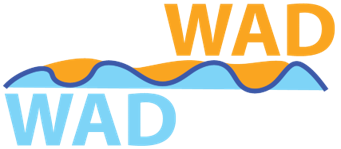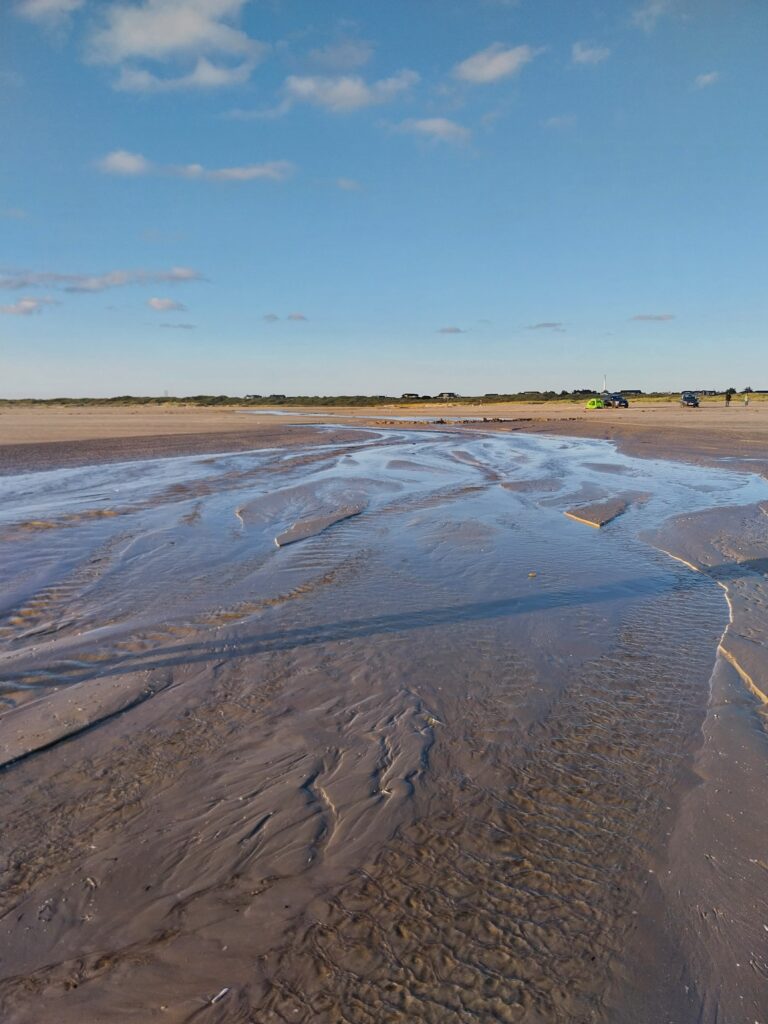
WP 1: Defining the Status Quo
This work package establishes a comprehensive baseline of the Wadden Sea system. By combining sediment modeling, historical research, and GIS-based mapping, it identifies sediment mobilization thresholds, paleo-ecosystems, and flood-prone zones. The insights lay the groundwork for understanding current conditions under sea-level rise and for highlighting ecological enhancement opportunities.
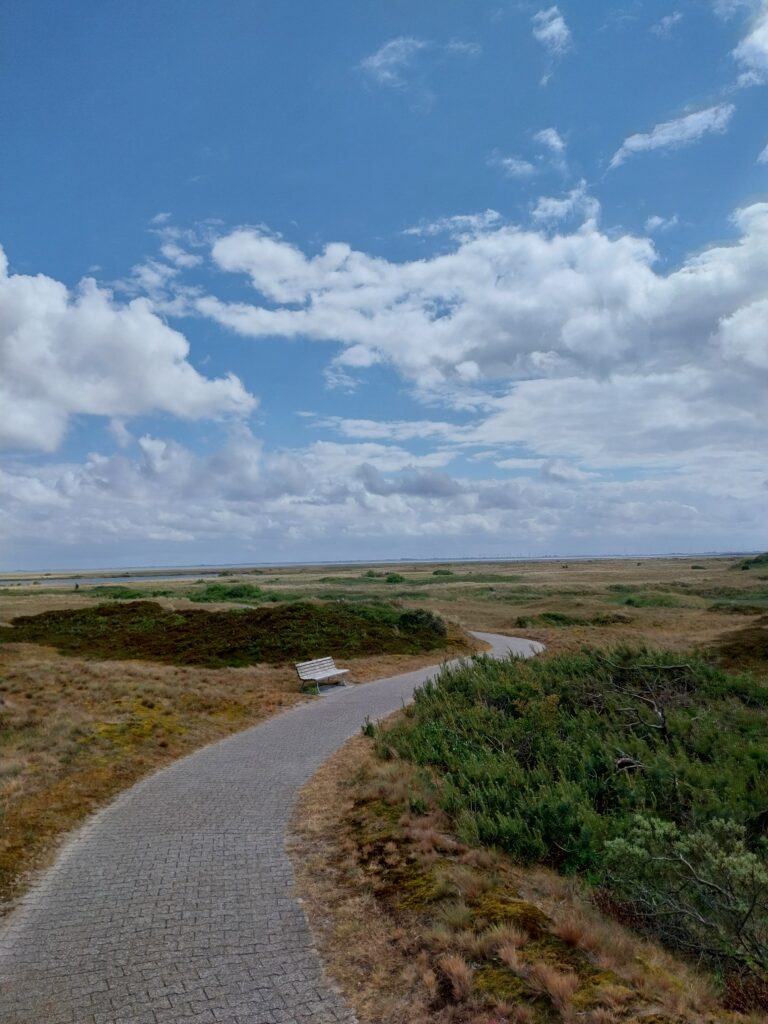
WP 2: Developing Future Scenarios
WP2 models possible futures for the entire Wadden Sea coast, using sediment data, numerical modeling, and scenario evaluation. Three core alternatives are explored: business-as-usual, nature-based, and balanced. Scenarios are assessed through a two-step approach—first by intermediate criteria (like ecological and physical processes), then by socio-ecological and governance outcomes.
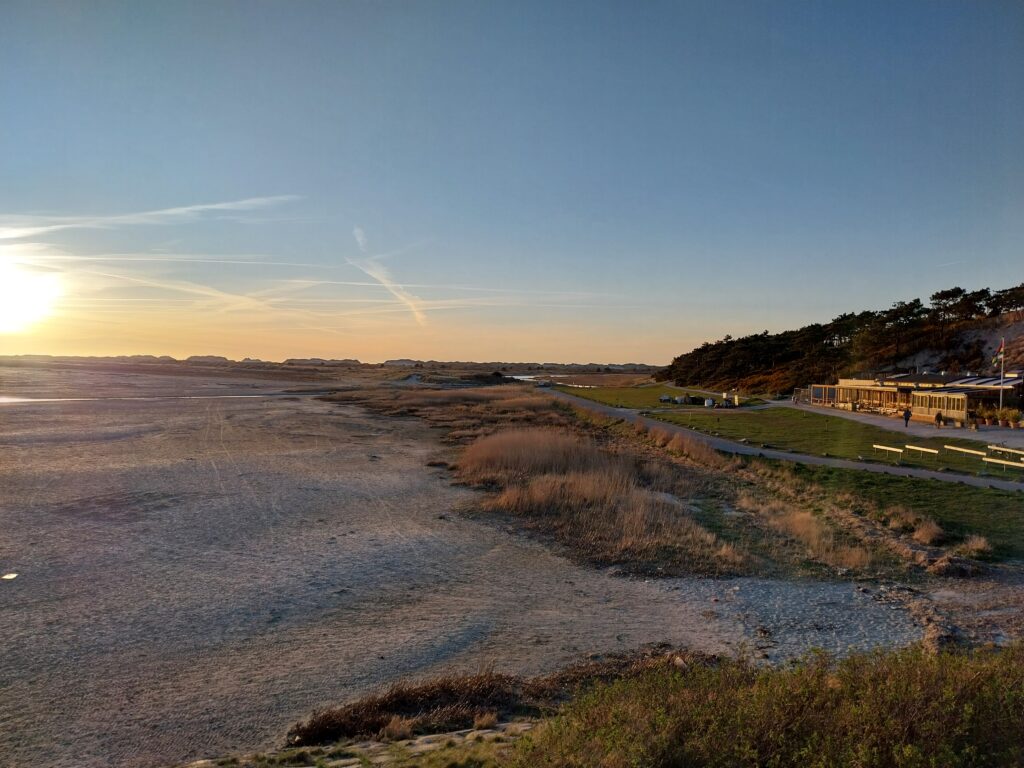
WP 3: Socio-Ecological Evaluation
WP3 evaluates the interplay between ecological dynamics and social factors. It uses archetypes to represent typical patterns within the Wadden Sea system and generates adaptation pathways tailored to distinct contexts. This work links environmental solutions with stakeholder needs and feasibility.
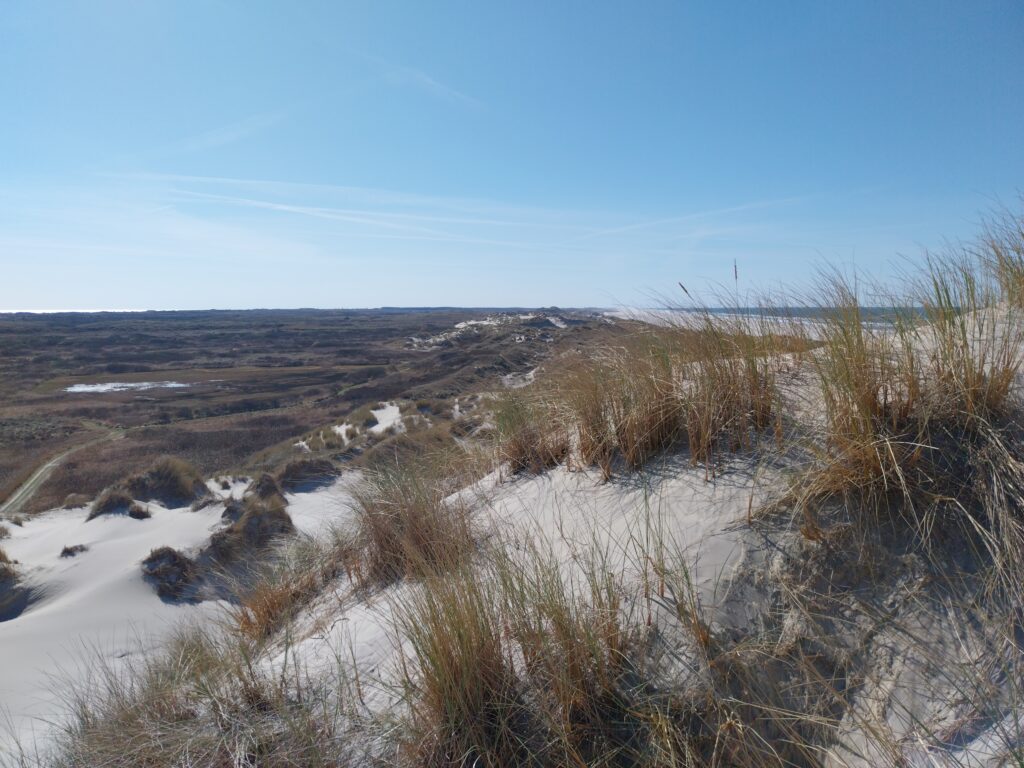
WP 4: Citizen Evaluation
WP4 explores citizens’ perspectives on climate adaptation scenarios. Through a literature review and an online survey (via Greenmapper), it assesses individual implementation potential across coastal communities. An experimental group co-designs two participatory projects, enhancing local ownership and reflecting the human dimension in adaptation strategies.
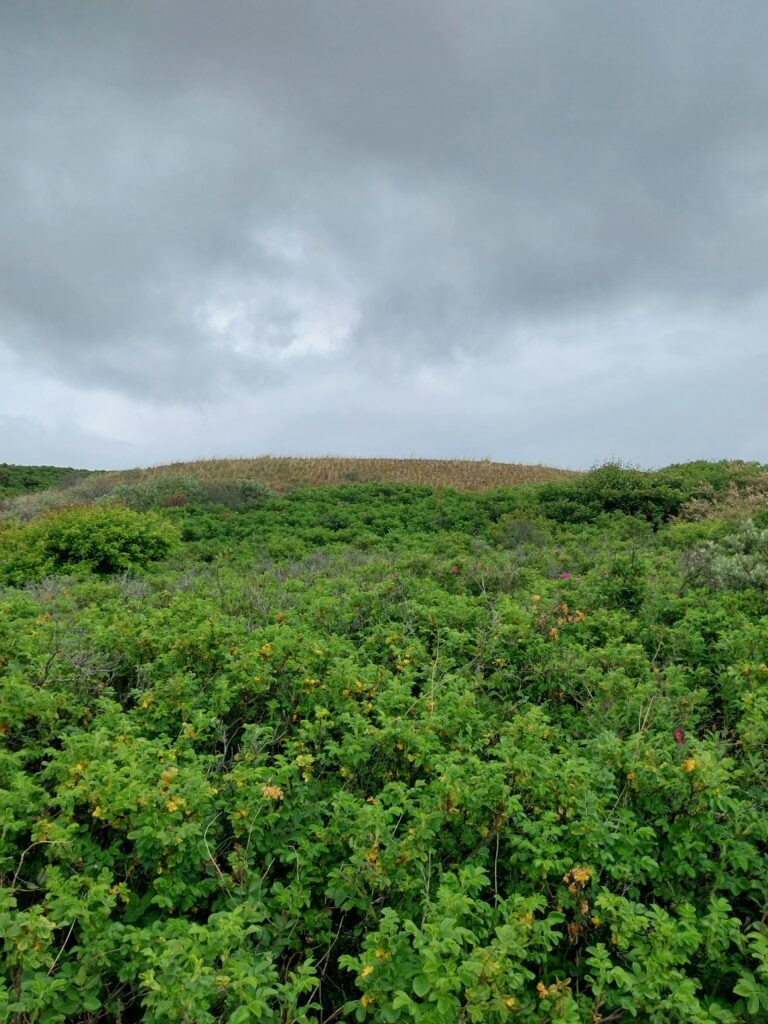
WP 5: Transdisciplinary Process Evaluation
This package coordinates and evaluates the project’s collaborative knowledge generation. It establishes a trilateral think tank, facilitates co-development forums, and applies social network analysis to track stakeholder engagement and information flows. The goal is to reflect and improve cognitive, emotional, and social aspects of working across disciplines and borders.
